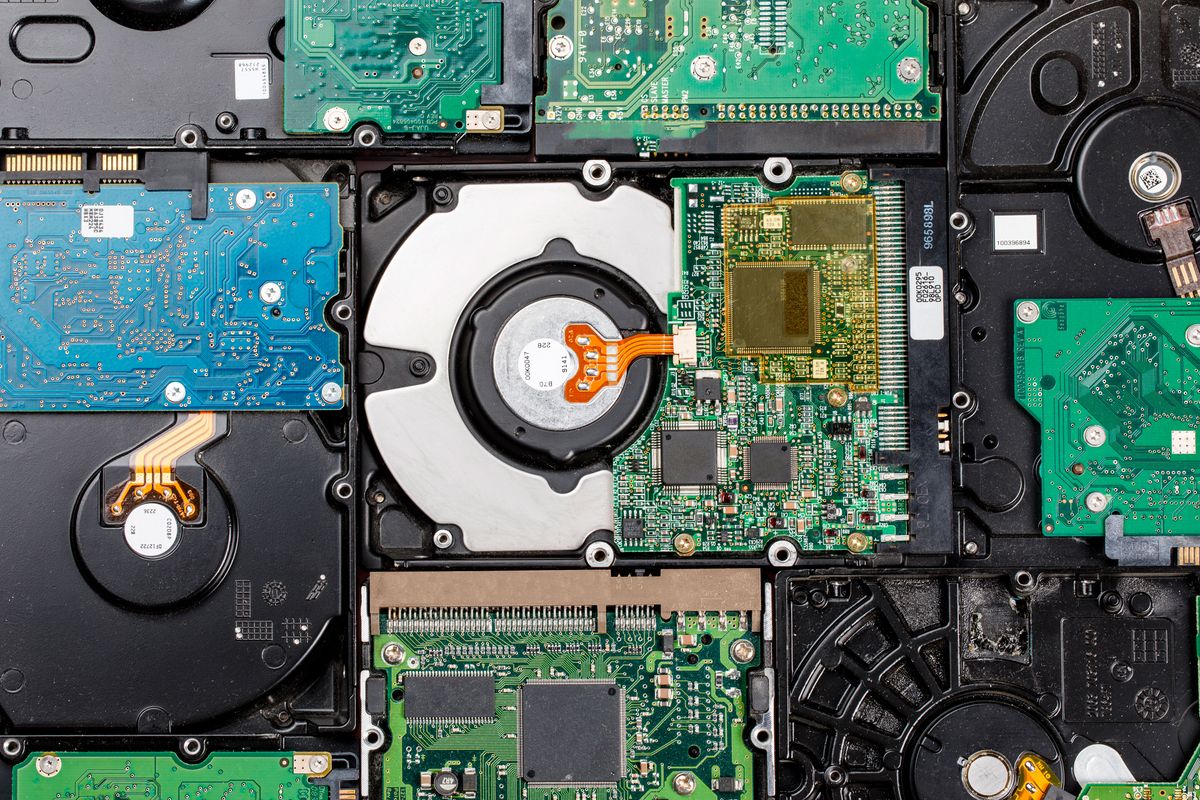At what scale and how many transactions per second?
VISA currently does 1700 tps (and can peak at 20k tps) with a fee of about 2%+ and they've been around for 60+ years. Paypal does around 200 tps.
As pointed out by
@TheCoolerPlayer, Nano currently peaks at 1000 tps (but has seen 7000+ in testing) with zero fees, and they've been around for 5 years. And that's just a single crypto. But Bitcoin does less than 10 tps.
But what does it matter? Comparing the numbers of a well established fiat banking system against the novel blockchain model introduced a decade ago is like blowing into the wind. There will be eventual improvements, evolution and iteration. Crypto is the future, and it's here, now. People who are speculative and questioning mirror the same mindset of those who opposed the motor car or airplane and preferred horse pulled carts instead for their transportation needs.
Democratically elected leaders
Digressing here, but this is a vestige of British rule. That is, looking up in awe towards leaders as if they're some kind of ultra-human and affording them respect beyond what we give each other. "Sir ji..." stuff. Leaders are servants of the people and should be viewed as such. Their position in a society is dictated by the people who entrust them with decision making. They're not magical creatures with superhuman abilities. There are us, but with responsibilities that are publicly accountable. Servants.
a random group of people?
Cryptocurrency is not under the control of any single person or group of people. People that seek to take control appear as that one cartoon character trying to catch a slippery fish and failing. Adoption of crypto in general will gravitate to the one that serves the will of the people, as pretentious as that sounds. We're still in the baby steps phase with new crypto (like Chia) being introduced and tested.
Apologies for butting in, but can we extrapolate this further and see what's the endgame?
I'm no crypto guru, I'm just here to help make Chia plots for those interested in being part of the blockchain and feel lucky enough to perhaps earn some in the next 5 - 10 years (the average time a Chia plot is expected to be remain viable).
But individual countries will depend on taxes, as they currently do. If one day, all financial transactions are digital and anonymous, then it's logical to assume that whatever you interact with in the real world, will be taxed. Your home, the street outside your front door, the food you buy, the clothes you wear, the places you visit for work and for leisure, for the vehicles you own and everything else. Your immediate local economy will be dependent on taxes. There will be state government taxes and central government taxes. Basically how things are right now, today.
Countries impose these restrictions to prevent capital flight.
If and when capital flight becomes a thing for a country to deal with, it's already too late. People leaving with their money cannot be convinced to stay, they've already decided that they're better off somewhere else and have lost faith in the country's economy.
Speaking specifically to the current government, there were no such restrictions on sending money abroad with the previous government. It's not unnatural to assume that when the current government falls out of favour, the new government would revert these changes as they are detrimental to India's participation in global economy.
From a consumer's perspective, there were such cool items in customs notified shops during the early to mid 2010's that are impossible to find these days, all we have are subpar 'Make In India' stuff that falls apart if we look at it wrong. 'Make In India' is a wonderful initiative but it should really be 'Make in India with bleeding edge technology and not a rusty transformer from 1981.'
@rsaeon I'm sorry for being part of the derailment of your thread. Then again I hope you appreciate the discussion.
It's certainly intellectually stimulating. And it helps pass the time while the plotters do their plotting.



 I don't know where exactly to point you at to get started on research for cryptocurrencies in general, I'd urge you to take a look at BAT (Basic Attention Token), Algorand, Cardano, Nano and Elrond for starters. Start by looking up what these projects are doing, and maybe that might help to give an idea of the potential of crypto
I don't know where exactly to point you at to get started on research for cryptocurrencies in general, I'd urge you to take a look at BAT (Basic Attention Token), Algorand, Cardano, Nano and Elrond for starters. Start by looking up what these projects are doing, and maybe that might help to give an idea of the potential of crypto 



